Statement on DMV Audit Ordered by Brown Administration
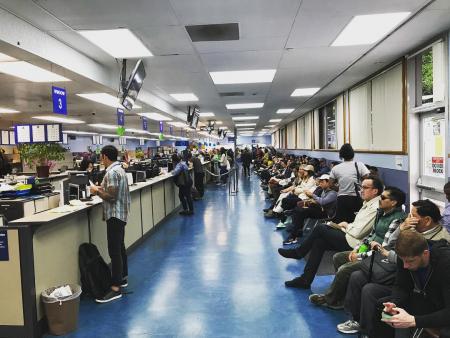
Assemblymember Phil Ting (D-San Francisco), Chair of the Assembly Budget Committee, held a hearing last month at the State Capitol to identify how technological improvements and customer service efficiencies can shorten wait times at the California Department of Motor Vehicles (DMV). Assemblymember Ting released the following statement in response to the DMV audit ordered by the Brown Administration today:
While wait times are improving at the DMV, the experiences of Californians at field offices across the state tell us that issues remain. I appreciate the Administration’s consideration of our ongoing concerns and welcome a performance audit of the DMV. The findings will help identify additional solutions and build upon the work of the Legislature. We can and must do better for our constituents.
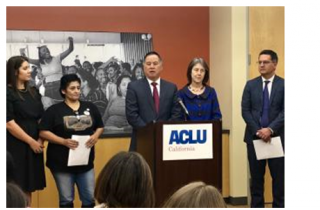
 There’s no doubt California will need more charging stations, as it aggressively pushes for more zero-emission vehicles (ZEVs). The question is how many. During his Global Climate Action Summit in San Francisco, Governor Jerry Brown today signed AB 2127 by Assemblymember Phil Ting (D-San Francisco) to require the California Energy Commission to assess the state’s current electric vehicle (EV) charging infrastructure and determine how many more stations will be needed in the future. The assessment will be used to identify where there are deficiencies across the state.
There’s no doubt California will need more charging stations, as it aggressively pushes for more zero-emission vehicles (ZEVs). The question is how many. During his Global Climate Action Summit in San Francisco, Governor Jerry Brown today signed AB 2127 by Assemblymember Phil Ting (D-San Francisco) to require the California Energy Commission to assess the state’s current electric vehicle (EV) charging infrastructure and determine how many more stations will be needed in the future. The assessment will be used to identify where there are deficiencies across the state. San Francisco could make significant investments to its transportation infrastructure under a proposal the state Legislature sent to the Governor today. AB 1184 by Assemblymember Phil Ting (D-San Francisco) affirms San Francisco’s authority to dedicate a tax on Transportation Network Company (TNC) rides to fund critical transportation projects. There is an estimated $22 billion funding gap to meet city and regional transportation needs through 2045.
San Francisco could make significant investments to its transportation infrastructure under a proposal the state Legislature sent to the Governor today. AB 1184 by Assemblymember Phil Ting (D-San Francisco) affirms San Francisco’s authority to dedicate a tax on Transportation Network Company (TNC) rides to fund critical transportation projects. There is an estimated $22 billion funding gap to meet city and regional transportation needs through 2045.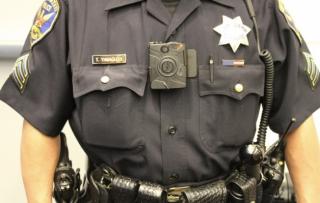
 Groundbreaking legislation by Senator Hannah-Beth Jackson (D-Santa Barbara), along with Assemblymembers Phil Ting (D-San Francisco) and Adam Gray (D-Merced), to create the first statewide drug and needle take-back program funded by the pharmaceutical industry has passed the Senate on a bipartisan, 38-0 vote and now heads to the Governor.
Groundbreaking legislation by Senator Hannah-Beth Jackson (D-Santa Barbara), along with Assemblymembers Phil Ting (D-San Francisco) and Adam Gray (D-Merced), to create the first statewide drug and needle take-back program funded by the pharmaceutical industry has passed the Senate on a bipartisan, 38-0 vote and now heads to the Governor.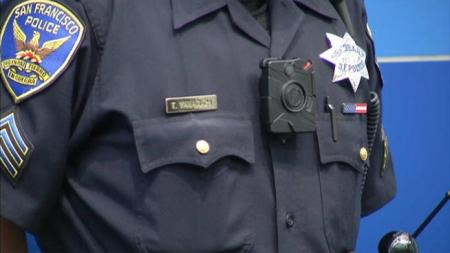 With the State Senate’s approval today of AB 748 by Assemblymember Phil Ting (D-San Francisco), California takes a big step forward in allowing greater public access to law enforcement body camera recordings. The proposal, which cleared a full house of the legislature for the first time, requires the release of video or audio within 45 days of a critical incident, unless doing so interferes with an investigation. A critical incident is defined as the discharge of a firearm or use-of-force that causes death or great bodily harm.
With the State Senate’s approval today of AB 748 by Assemblymember Phil Ting (D-San Francisco), California takes a big step forward in allowing greater public access to law enforcement body camera recordings. The proposal, which cleared a full house of the legislature for the first time, requires the release of video or audio within 45 days of a critical incident, unless doing so interferes with an investigation. A critical incident is defined as the discharge of a firearm or use-of-force that causes death or great bodily harm.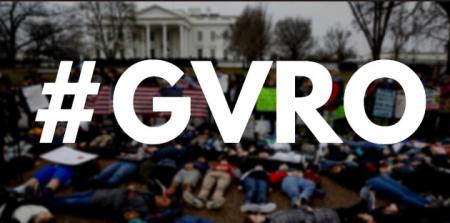
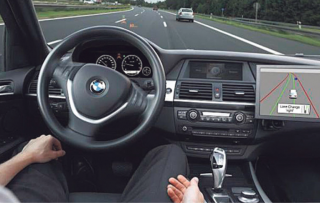 The state Legislature is taking steps to make sure driverless cars will operate safely on California roads. The state Assembly approved AB 87 by Assemblymember Phil Ting (D-San Francisco) today, giving law enforcement the authority to impound unpermitted autonomous vehicles (AVs). The legislation comes as Sacramento is poised to become the first California city where AVs with no occupants will be tested on public streets.
The state Legislature is taking steps to make sure driverless cars will operate safely on California roads. The state Assembly approved AB 87 by Assemblymember Phil Ting (D-San Francisco) today, giving law enforcement the authority to impound unpermitted autonomous vehicles (AVs). The legislation comes as Sacramento is poised to become the first California city where AVs with no occupants will be tested on public streets.  The state is poised to help combat rental car theft with the Assembly’s passage today of AB 2620 by Assemblymember Phil Ting (D-San Francisco). The proposal would increase the chances of recovering stolen vehicles by shortening the waiting period a rental car company can turn on the vehicle’s GPS location feature.
The state is poised to help combat rental car theft with the Assembly’s passage today of AB 2620 by Assemblymember Phil Ting (D-San Francisco). The proposal would increase the chances of recovering stolen vehicles by shortening the waiting period a rental car company can turn on the vehicle’s GPS location feature.